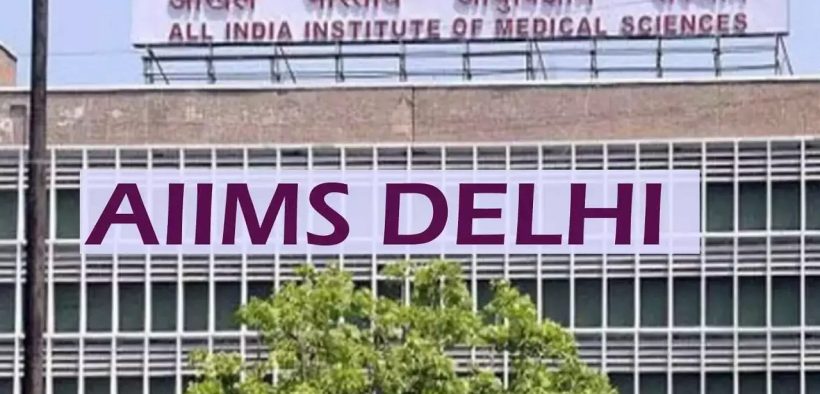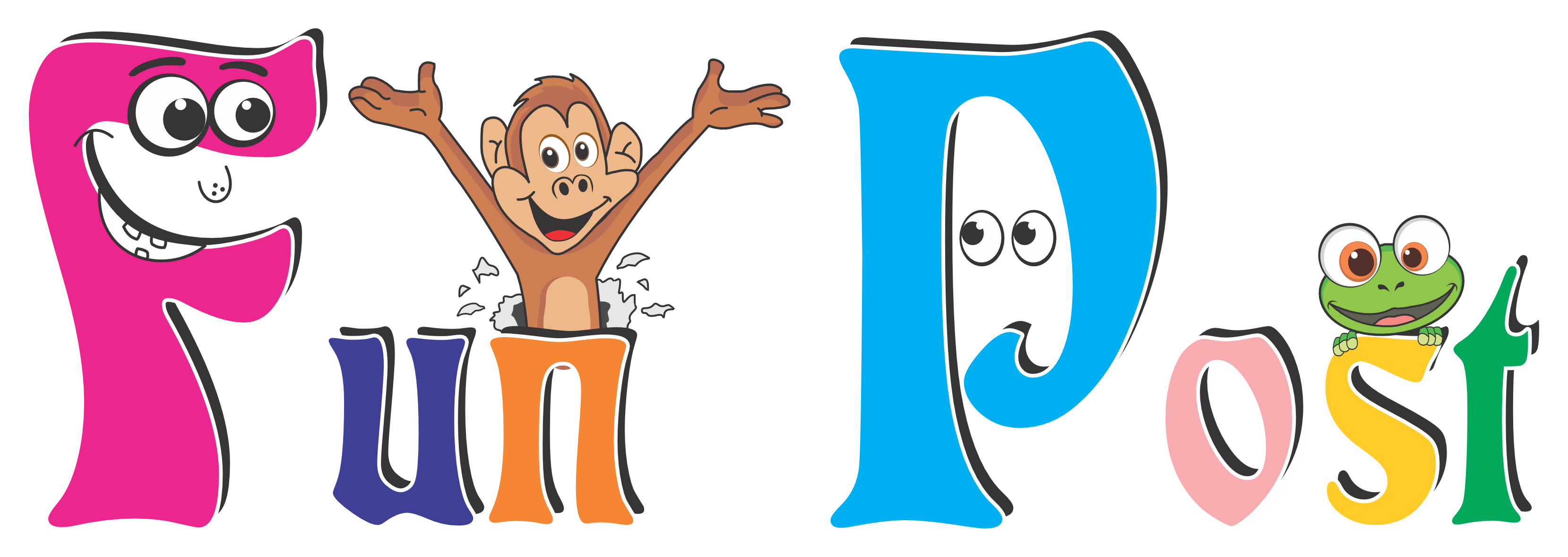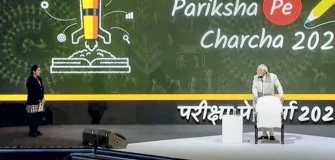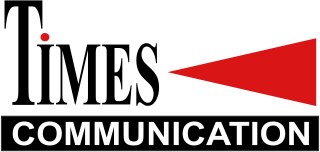AIIMS Researchers Achieve Milestone: CAR T-Cell Therapy Offers Hope for Multiple Myeloma Treatment
Share

Researchers at the All India Institute of Medical Sciences (AIIMS) in New Delhi have made significant strides in developing chimeric antigen receptor (CAR) T-cell therapy for multiple myeloma, a challenging form of blood cancer. By targeting specific tumor antigens, this innovative therapy enhances the immune system’s ability to identify and destroy cancer cells. Initial animal trials have shown promising outcomes, raising hopes for more effective and less toxic treatment options.

CAR T-cell therapy is a cutting-edge form of gene therapy in which a patient’s T cells, a type of immune cell, are genetically modified to improve their ability to recognize and kill cancer cells. Unlike conventional cancer treatments like chemotherapy and radiotherapy, which indiscriminately target fast-dividing cells and often harm normal cells, CAR T-cell therapy offers a highly targeted approach. “Traditional treatments often cause significant toxicity and severe side effects, sometimes with fatal outcomes,” explained Dr. Mayank Singh, Additional Professor in the Medical Oncology Lab at the Dr. B. R. Ambedkar Institute Rotary Cancer Hospital (BRAIRCH), AIIMS.
Globally, CAR T-cell therapies targeting B-cell maturation antigen (BCMA) have received FDA approval for treating relapsed and refractory multiple myeloma. However, their availability in India remains extremely limited due to exorbitant costs, placing them out of reach for most Indian patients. The AIIMS researchers aim to address this gap by developing an affordable and accessible alternative tailored to the Indian healthcare landscape.
If successful, this indigenous CAR T-cell therapy could revolutionize cancer treatment in India, offering new hope to patients who currently lack access to advanced therapies. The research team’s progress marks a vital step toward bridging the gap in cancer care and making life-saving treatments more inclusive.








